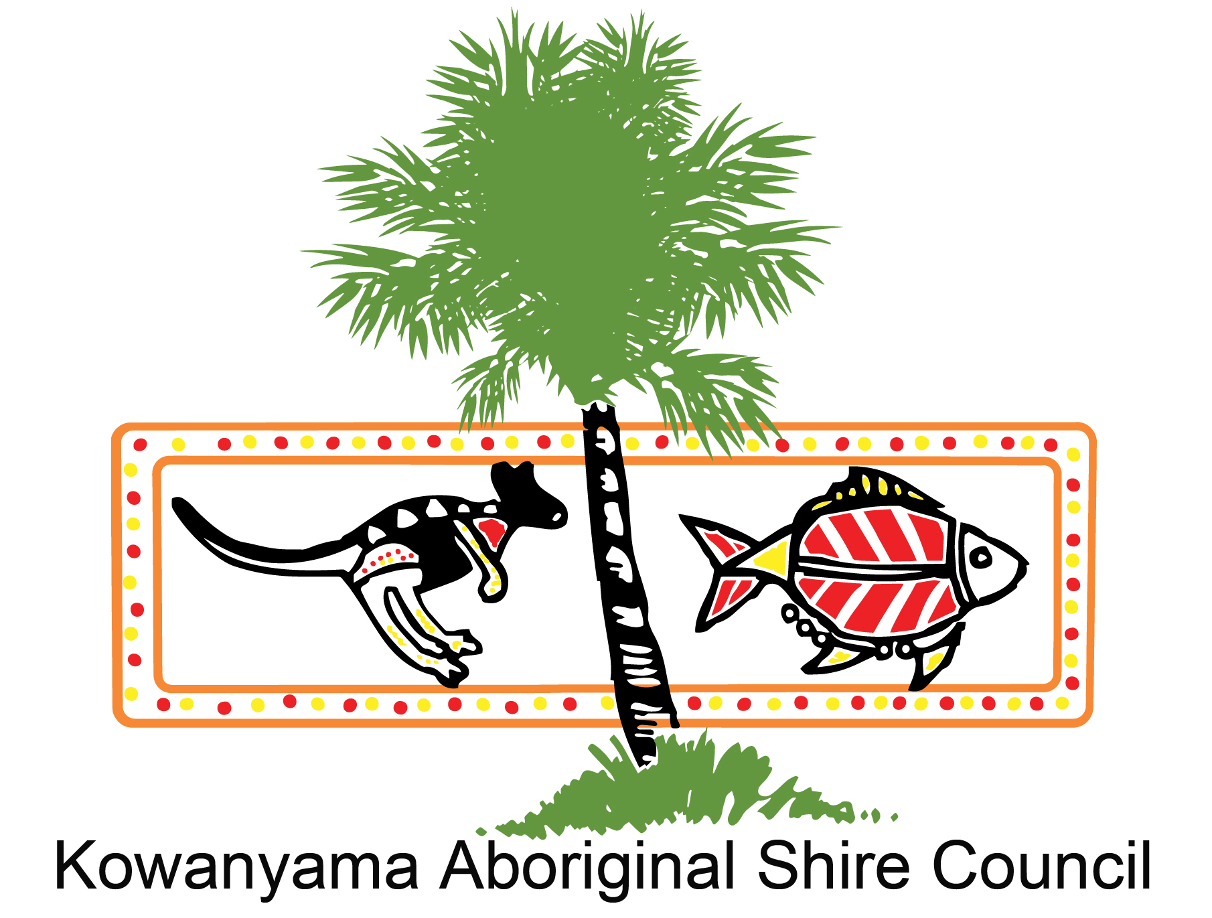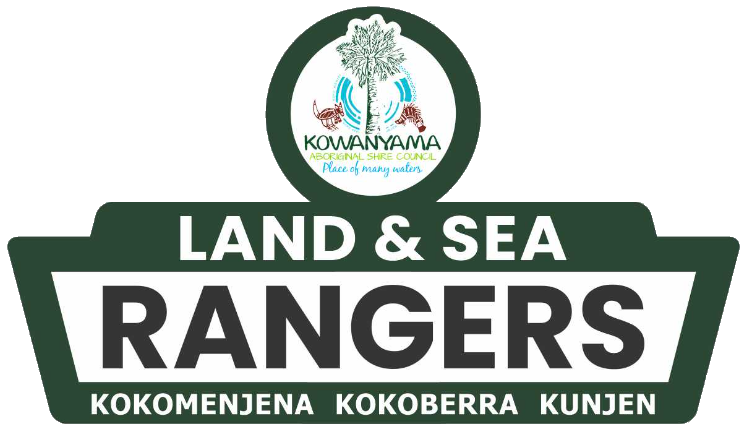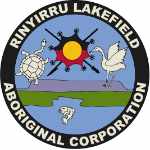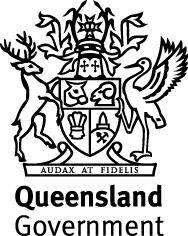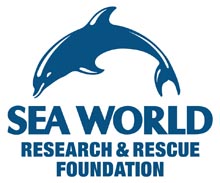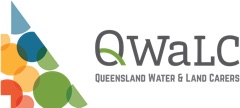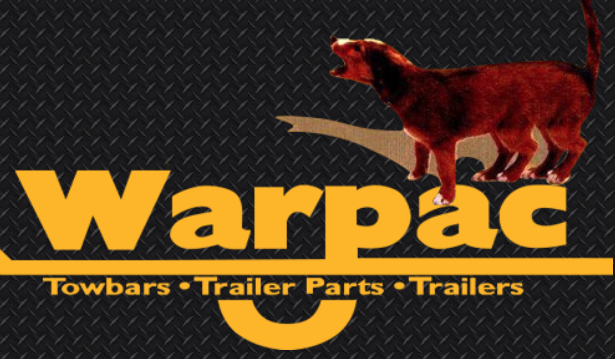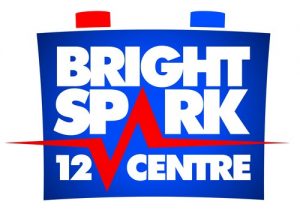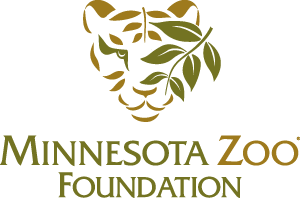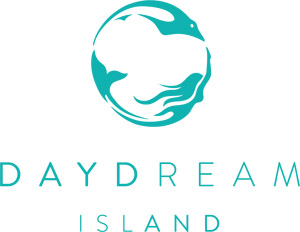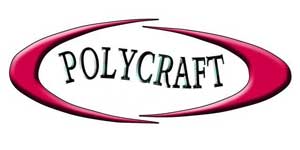About SARA
Australian Not-For-Profit Organisations can have quite complicated structures, and require many people to be involved. In 2015, Dr Wueringer incorporated an organisation with a much simpler structure, and Sharks And Rays Australia Pty Ltd, a single director company, was born. Since then we have come a long way and grown massively. In 2021, Sharks And Rays Australia Research Ltd. was incorporated. Its board currently comprises five directors, and the research board has eight members. This Not For Profit organisation is a registered charity with the ACNC, and also an Australian Research Institute, approved by CSIRO. In July 2022 we received tax deductible gift recipient status.
Who We Are
Directors
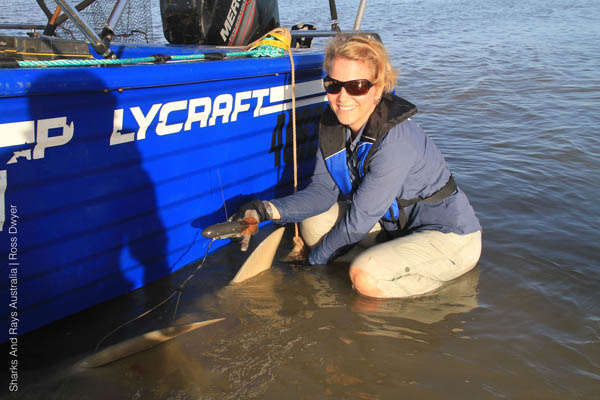
Barbara Wueringer, MSc, PhD
Director, Principal Scientist
Barbara is the founder, director and lead scientist of SARA. She is a zoologist specialized on the behaviour, sensory ecology and biology of elasmobranch fishes. Barbara first fell in love with sharks when she volunteered at the Bimini Biological Field Station, Bahamas. For her Masters she worked on the sensory biology of two species of shovelnose ray. This work got her interested in the shark like rays, which include sawfish. Barbara received her PhD from the University of Queensland, for a project on the sensory ecology and feeding behaviour of freshwater elasmobranchs of northern Queensland, Australia, including sawfish, speartooth sharks and freshwater stingrays.
Throughout her 16 year scientific career, Barbara has acquired knowledge on capturing, tagging and releasing large elasmobranchs including lemon sharks, tiger sharks and sawfish, and has worked in the remote river systems of Far North Queensland and Cape York Peninsula. She has also acquired knowledge on morphological and behavioural methods to identify the sensory adaptations of large fishes. She has worked with people from all walks of life, including industry, fisheries, and politicians. Her research has resulted in peer reviewed high impact publications and has been featured multiple times in international media, such as BBC, National Geographic, New York Times, Science Magazine, Cosmos Magazine, ABC, and Discovery Magazine.
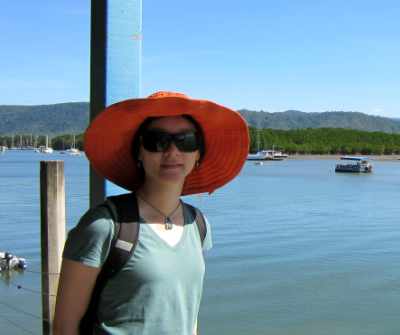
Phei Lok, PhD, MBA, GAICD
Director
Phei is based in Melbourne Victoria. She has an interest in furthering sustainability, conservation and governance. She has been involved in many boards and committees in environmental sustainability, education and social welfare. This includes roles at the City of Monash Environment Advisory Committee, Greenfleet, and the Foundation Learning Centre.
Phei completed her PhD in Chemistry on how components in Cone Snail venom could be used as new medicines. Phei has research experience in various fields and worked in industrial Research and Development (R&D) management (product development from laboratory to commercialisation and market launch). She developed anti-counterfeiting devices on polymer banknotes that are used worldwide. She then went on to set up the R&D function and strategy for Australia’s paint product stewardship start-up.
Phei currently works at RMIT University managing and promoting research partnerships between industry and researchers. She is an inventor/co-inventor on 21 patent applications on security documents, coatings, polymers & nanotechnology, published in 5 peer-reviewed journal articles and a recipient of over 20 professional and academic awards.
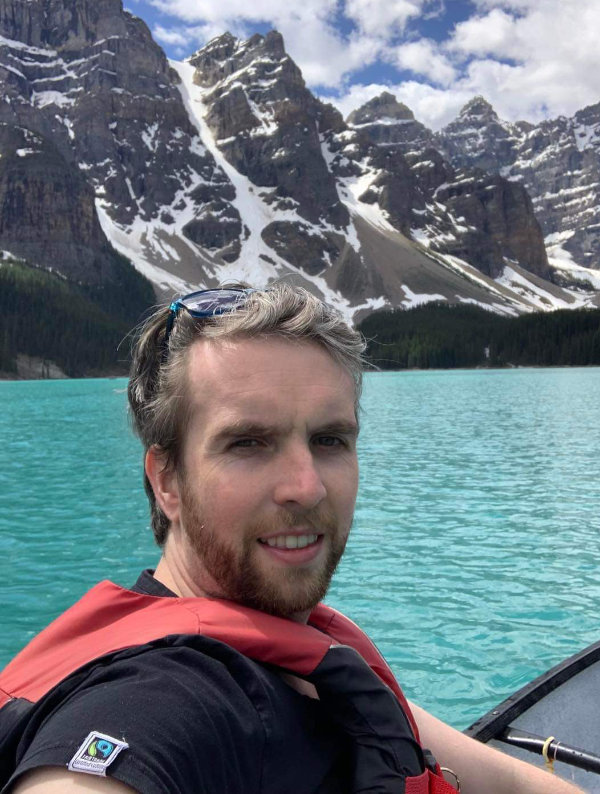
Matt Flavel, BAnVSc (Hons), MBA, PhD
Secretary
Matt Flavel is a researcher with a passion for the one health principle of managing human health, animal health and environmental health as a single unified system, rather than disconnected and unrelated disciplines. This passion has lead him to publish peer-reviewed papers on a wide range of subjects including agricultural methane, influenza, human & animal nutrition, dingoes, sugarcane, immunology, ethnobotany, ageing, neurology and parasitology.
Matt is the Chief Scientist at The Product Makers (TPM). He completed both a Bachelor of Animal & Veterinary Bioscience and PhD at La Trobe University, where he is now an adjunct research fellow and completed an MBA at Monash University at the end of 2022. Matt came to SARA-r excited to help support the administration of research into shark and ray species in Australia, particularly as it relates to at-risk vulnerable and threatened species.
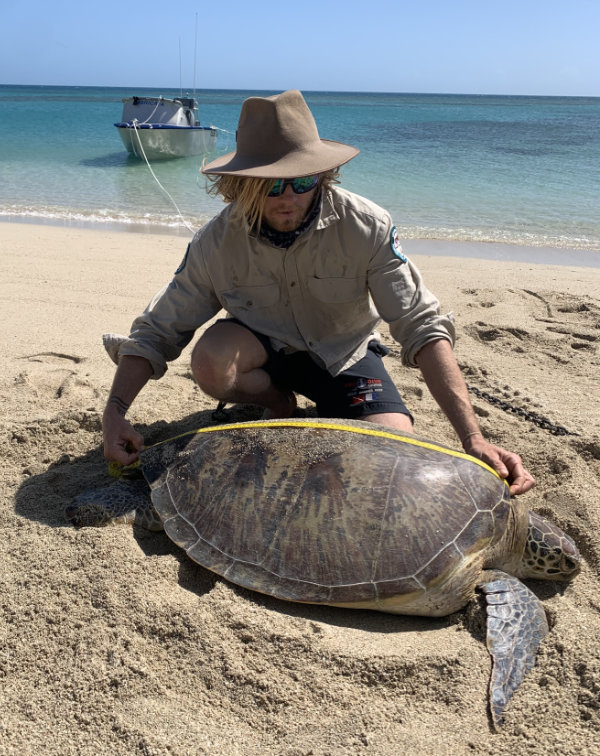
Daniel Gunzburg, BSc
Director, Chair
Dan was born in Cape York, where much of SARAs efforts are focused, and has been involved with conservation and research projects in the region most of his life. Dan has held a life-long interest in sharks and is passionate about hands-on conservation.
Dan has a background in environmental science and currently works with Queensland Parks and Wildlife Service as the Team Leader of the Joint Management Team. In this role, he works with 17 Indigenous Corporations and Land Trusts to jointly manage 32 National Parks with Traditional Owners through Cape York. Previously, Dan worked as an environmental scientist and auditor with the Queensland Department of Environment and Science for almost a decade. He brings strong governance skills to the team and a wealth of experience working with different stakeholders and organisations in the field of environmental science and conservation
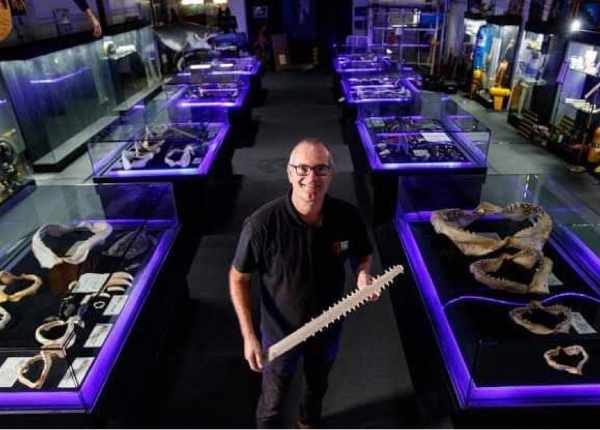
Mark Tozer
Director, Treasurer
Mark’s passion for the ocean began when he was a young child growing up in the suburb of Birkenhead, South Australia. He loved nothing more than frequenting the local beaches at Semaphore, spending almost every weekend with his dad snorkelling, inspecting the seagrass and marine life. Mark competed a 4-year apprenticeship as a cabinetmaker before being accepted into Charles Darwin University in 1991 to study Building Design and Engineering. He is the director of several large furniture factories, that employ over 70 South Australians and Territorians. In 2013 he established the charity Dive for Cancer, which has now grown across several Australian states and beyond our shores.
Mark’s deep fascination of sharks began after reading the story of the USS Indianapolis. In 2015, his lifelong friendship with Australian icon and Great White shark bite survivor, film maker and marine conservationist, Rodney Fox, lead to partnering with Andrew Fox (Son of Rodney and Kay) and Rodney Fox Shark Expeditions. Together Mark and Andrew run the business with the aim to encourage others in the appreciation and understanding of great white sharks through research and education. Mark is a true ocean lover and conservationist, and his passion for the underwater world has led him to build something truly special – the Rodney Fox Shark Museum and Learning Centre. This incredible space was built by Mark in March 2019 as a way to teach and inspire people about the ocean, sharks, and diving.
Staff
Amica Benoit-Limosani, BSc, MSc
Research Assistant and Administration Officer
Amica began her interest in elasmobranch conservation while earning her bachelor’s degree in Biology at LeMoyne College in Syracuse, New York. She gained practical experience through internships, including working with one of the largest private nature reserves in Canada and participating in shark research, ecotourism, and conservation in South Africa. She then completed a master’s degree in Marine Biology with a focus on conservation and management at James Cook University in Townsville. During her master’s program, Amica did her placement with SARA, where she worked on a social media campaign and assisted with fieldwork. Now, she is focused on using her skills to make a positive impact at SARA.

Research Board
Dr Ross Dwyer, University of the Sunshine Coast
Ross is a research fellow based at the University of the Sunshine Coast. He is passionate about movement ecology and is currently coordinating research into populations of large riverine predators in Far North Queensland. Often spending months at a time camped in remote locations, his fieldwork involves leaping onto crocs, deploying animal tracking devices and recovering equipment from croc-infested waters. The goal of his research is to gain insights into the spatial dynamics of these poorly understood water systems, in order to inform management and conservation plans for threatened or potentially dangerous species.
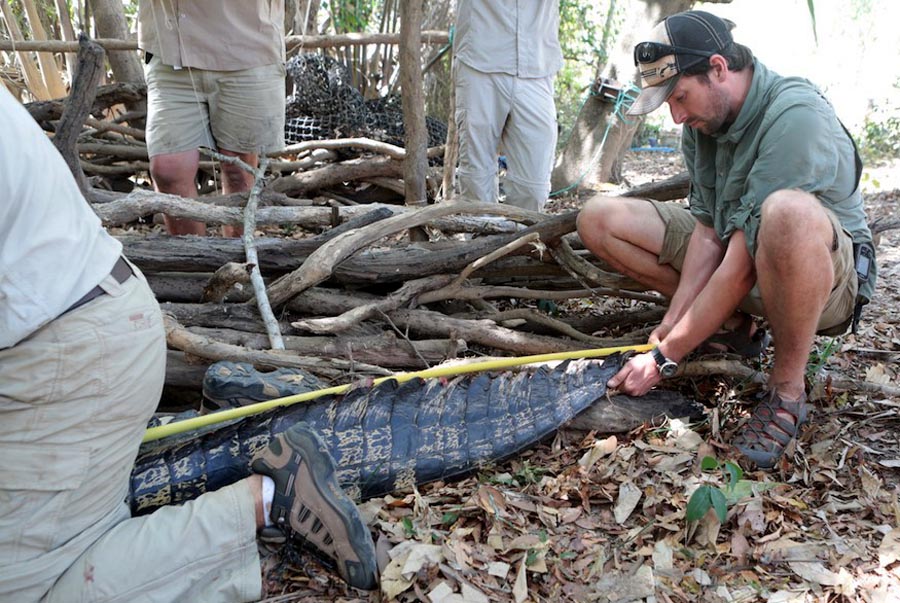
Johnny Gaskell, BSc MB, Reef Catchments
Johnny studied Marine Biology in southern Australia and has since gained 15 years experience working with and handling both captive and wild large sharks and rays. He joined the SARA team in late 2016. His early work in marine education, aquarist and underwater photography lead to his first published book ‘Beneath our Bay’ and iPhone app ‘Sea Life Australia’, detailing Australian marine life for education. Johnny spent years caring for captive sawfish and speartooth sharks. More recently he spent time at Ningaloo Reef working as a Dive Master with manta rays and whale sharks. From 2014 – 2021 he wass the Living Reef Manager on Daydream island, Whitsunday Islands, where he worked with a range of marine animals commonly found in the region including giant shovelnose rays, various species of stingrays and reef sharks.
You can find some of Johnny’s amazing pictures and videos on instagram @johnny_gaskell
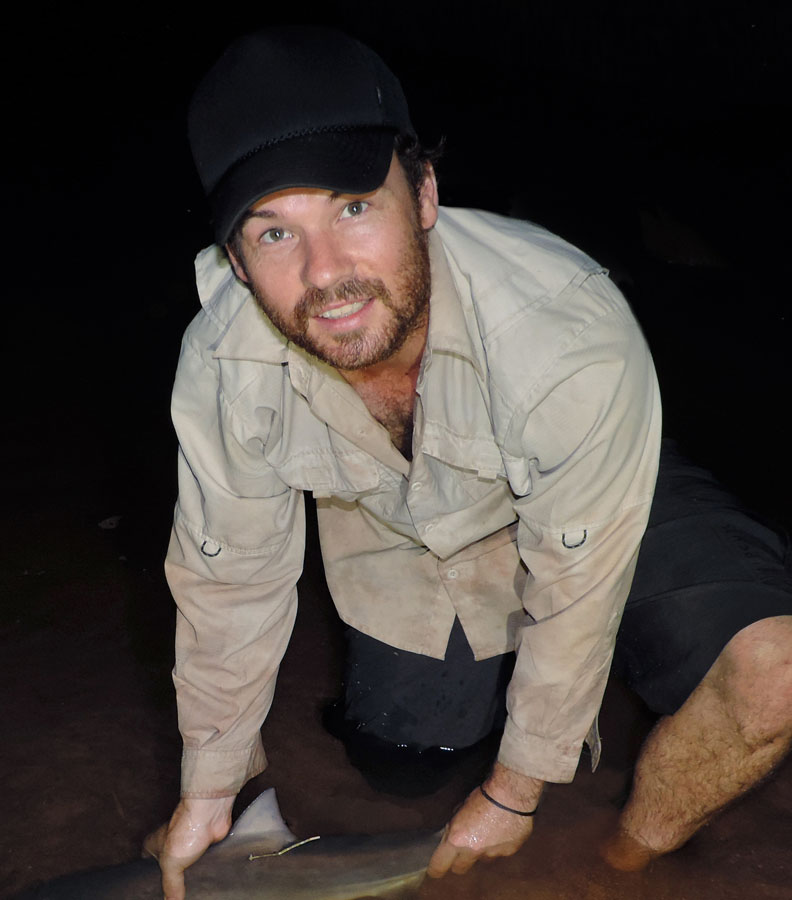
Peter Kyne, PhD
Barry Lyon, MSc
A/Prof David Morgan, Murdoch University
Dave leads Team Sawfish at the Freshwater Fish Group and Fish Health Unit at Murdoch University, Western Australia. He started working with sawfish and other freshwater fish in the Kimberley and Pilbara regions in Western Australia in 1996. Since 2001, his group has tagged hundreds of sawfish in the Fitzroy River, and works closely with Indigenous Ranger Groups in the area.

Dr Helen Penrose, Jabiru Environmental
Helen is a community-minded marine and coastal environmental scientist with 17 years of experience in marine wildlife management (including inshore elasmobranchs). She brings to SARA a wealth of experience conducting field work in remote northern Australia and strong connections and professional relationships with the Traditional Owner and Aboriginal Ranger groups of the Great Barrier Reef and Cape York Peninsula regions. Helen is passionate about presenting Indigenous communities with opportunities for capacity building, cultural recognition and empowerment, as well as the conservation of Australia’s marine biodiversity. She is also the director of Jabiru Environmental.

Dr Nicole Phillips, University of Southern Mississippi
Nicole started her education studying Biology at Michigan Technological University in Houghton, Michigan in the U.S. Her love of sharks and rays took her to Murdoch University in Perth, Australia where she earned a BSc in Biological Sciences, a BSc in Marine Science with honours, and a PhD in Conservation Genetics. Nicole then did for a postdoctoral fellowship with the University of Miami and NOAA Fisheries. She is passionate about using genetic data to better understand the population genetics of endangered or exploited marine species, including sharks and rays, to aid in the development of conservation plans. Her research on sawfishes in Australia started in 2005 and is ongoing, as well as other species, at the University of Southern Mississippi. Genetic samples collected by SARA will be used in her research and she will be coordinating their use in other studies.
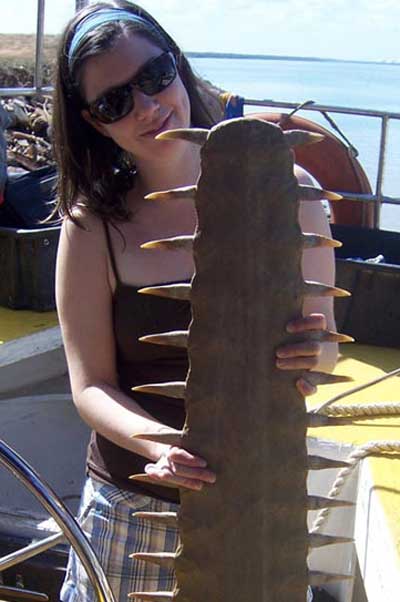
Dr Barbara Wueringer
Dr Nigel Hussey, University of Windsor
Nigel is an expert on the use of chemical tracers to understand the structure and function of food webs, with a focus on their application to elucidate the ecological roles of elasmobranchs. Through over 14 years experience, his work has been instrumental in improving our understanding of how chemical tracers transfer through aquatic food webs and addressing numerous methodological assumptions that have constrained their application. Specifically, his development of a scaled stable isotope framework to interpret food web structure has revolutionised food web ecology and will be pivotal for elucidating the role of sawfishes and for comparative analysis of their ecological role and niche with co-occurring predator species.
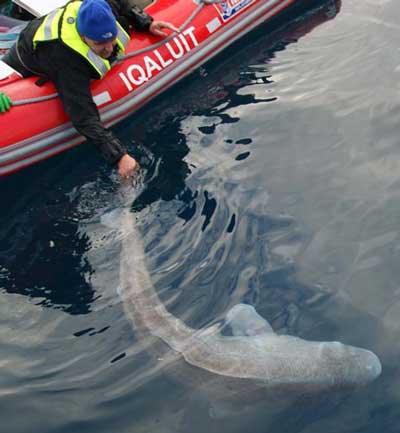
Students & interns (A-Z)
Veronika Biskis, PhD student, University of the Sunshine Coast
Nikki earned her BSc in Biology at Carnegie Mellon University in 2012 and her MA in Medical Sciences at Boston University School of Medicine in 2013. She worked in STEM education in San Diego, CA for 5 years, while simultaneously volunteering in vertebrate collections at the San Diego Natural History Museum. Throughout her work with the museum she became especially passionate about spatial ecology and evolutionary morphology. In 2018 she left the US to pursue her research career in zoology. Since arriving in Australia, she has worked as a field intern recording animal behaviour in rural Victoria and Tasmania. In 2019 Nikki did an internship with SARA and in 2021 she commenced her PhD with Dr Barbara Wueringer (SARA) and Dr Kathy Townsend (University of the Sunshine Coast & Project Manta) as her supervisors!
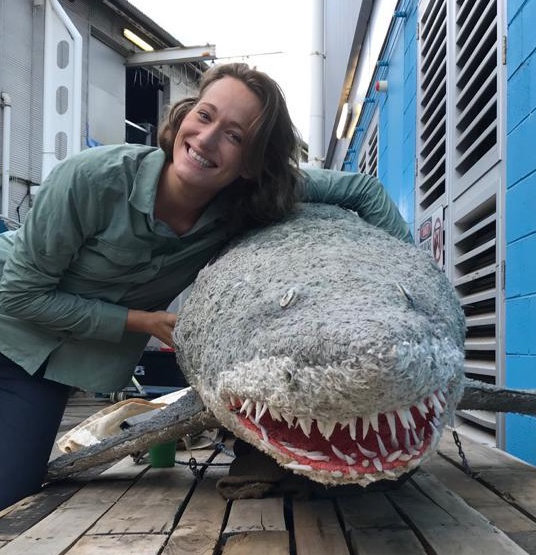
Past students
Jess Hudgins, Heriot-Watts University
Grace McNicholas, BSc MSc, York University
Marit Winter-Janson
Supporters
- Advance Queensland Citizen Science Grant 2019 – 2022
- Qld Gov Community Action Sustainability Grant – Threatened Species Recovery 2021 – 2023
- Engaging Science Grant 2023/24
- Threatened Species Research grant 2023 – 2025
- 2015 Small grant
- 2015 – 2018 Keystone Grant
- 2020 Small grant

Our research is approved and monitored by the JCU Animal Ethics Committee

Citizen Science for Change grant 2022 – 2024





